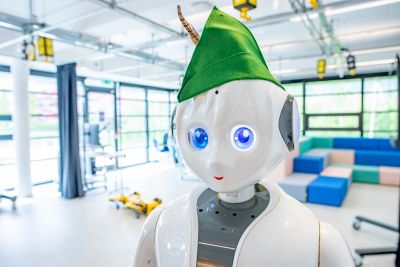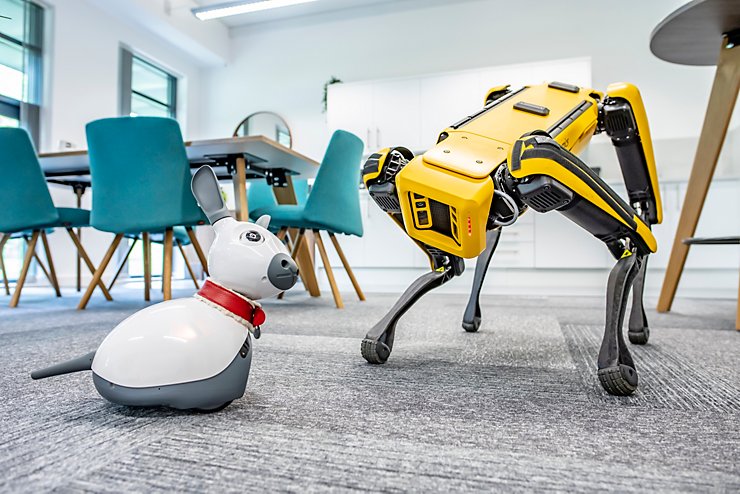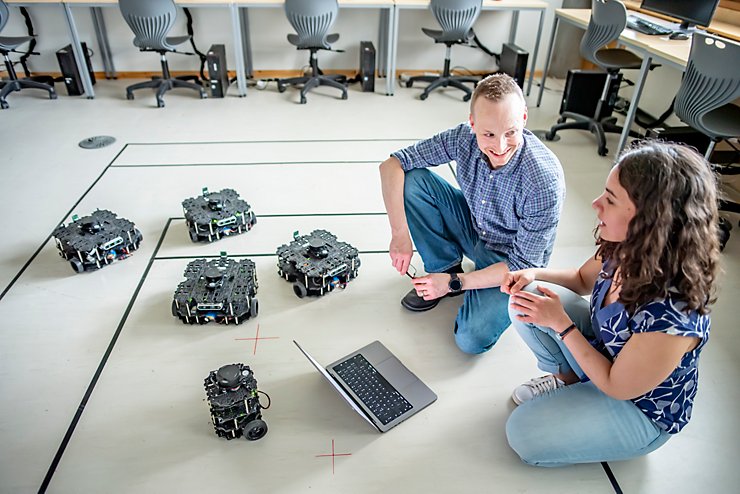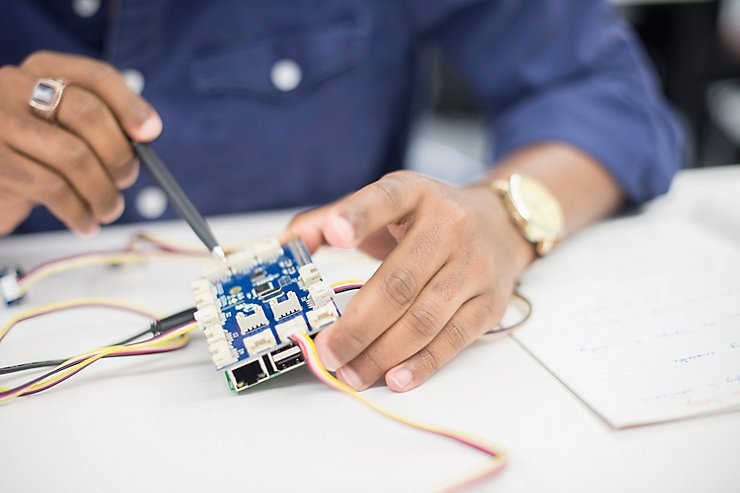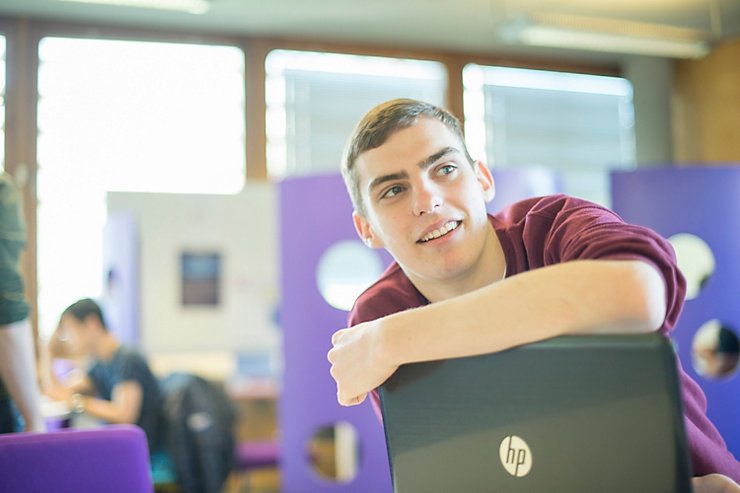*For full details including fees for part-time students and reduced fees during your time studying abroad or on placement (where applicable), see our fees page.
If you are a student from the EU, EEA or Switzerland, you may be asked to complete a fee status questionnaire and your answers will be assessed using guidance issued by the UK Council for International Student Affairs (UKCISA) .
Additional costs
As a student on this course, you should factor some additional costs into your budget, alongside your tuition fees and living expenses.
You should be able to access most of the books you’ll need through our libraries, though you may wish to purchase your own copies. If you do these would cost around £40.
Due to our commitment to sustainability, we don’t print lecture notes but these are available digitally. You will be given £5 worth of printer credits a year. You are welcome to buy more credits if you need them. It costs 4p to print one black and white page.
If you study abroad, you need to consider the travel and living costs associated with your country of choice. This may include visa costs and medical insurance. For the year in industry, you may be paid as a full-time employee but you will need to factor in accommodation or travel costs.
Personal laptops are not compulsory as we have computer labs that are open throughout the day but you may want to consider one if you wish to work at home.
Scholarships and bursaries
International students
We offer a range of international undergraduate scholarships for high-achieving international scholars who can put their Nottingham degree to great use in their careers.
Tuition fees 2025/26 (UK undergraduate students)
The UK Government is intending to increase the tuition fee cap for UK undergraduate and Initial Teacher Training students studying in England to £9,535 for the 2025/26 academic year. This is an increase of £285 per year. Course pages will be updated to reflect the latest tuition fees as more information becomes available. For more information, visit the Government’s website and take a look at our FAQs.
*For full details including fees for part-time students and reduced fees during your time studying abroad or on placement (where applicable), see our fees page.
If you are a student from the EU, EEA or Switzerland, you may be asked to complete a fee status questionnaire and your answers will be assessed using guidance issued by the UK Council for International Student Affairs (UKCISA) .
Additional costs
As a student on this course, you should factor some additional costs into your budget, alongside your tuition fees and living expenses.
You should be able to access most of the books you’ll need through our libraries, though you may wish to purchase your own copies. If you do these would cost around £40.
Due to our commitment to sustainability, we don’t print lecture notes but these are available digitally. You will be given £5 worth of printer credits a year. You are welcome to buy more credits if you need them. It costs 4p to print one black and white page.
If you study abroad, you need to consider the travel and living costs associated with your country of choice. This may include visa costs and medical insurance. For the year in industry, you may be paid as a full-time employee but you will need to factor in accommodation or travel costs.
Personal laptops are not compulsory as we have computer labs that are open throughout the day but you may want to consider one if you wish to work at home.
Scholarships and bursaries
Home students*
Over one third of our UK students receive our means-tested core bursary, worth up to £1,000 a year. Full details can be found on our financial support pages.
* A 'home' student is one who meets certain UK residence criteria. These are the same criteria as apply to eligibility for home funding from Student Finance.
